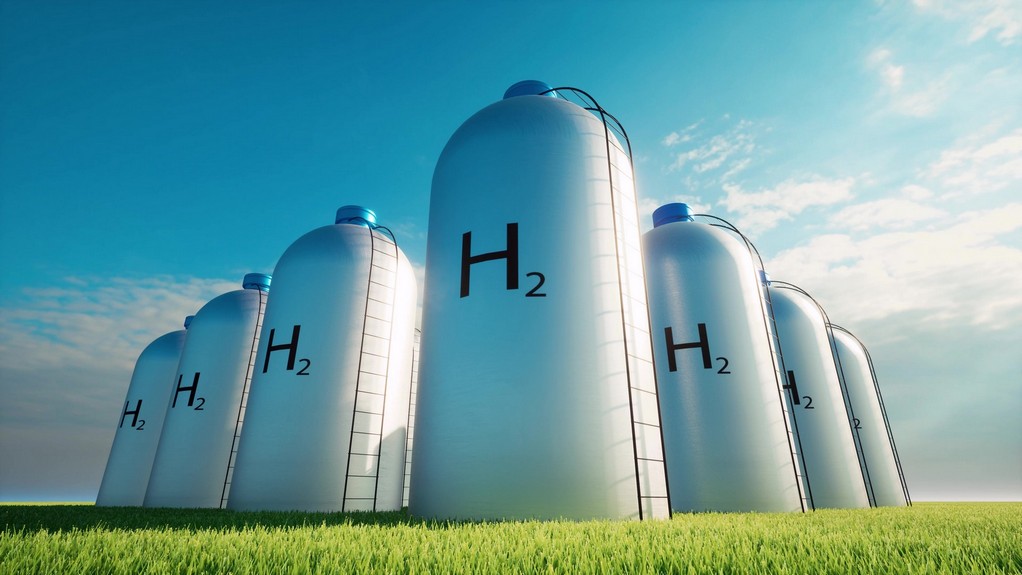Researchers at the University of Adelaide announced that they made clean hydrogen fuel from seawater without pre-treatment. Demand for hydrogen fuel, a clean energy source that only produces water when burned, is expected to increase in the coming years as the world continues to pivot away from fossil fuels. The findings could eventually provide cheaper green energy production to coastal areas.
The team says its results, using cobalt oxide with chromium oxide on its surface as the catalyst, had similar performance to a standard process of applying platinum and iridium catalysts to highly purified and deionized water.
Compared to freshwater, seawater is an abundant resource, and the ability to extract hydrogen fuel from seawater without pre-treatment could save money. However, even if successfully scaled, it would likely only be practical for coastal communities with plenty of seawater — not so much for Iowa or Kansas.
The team’s next step is to scale the system with a larger electrolyzer. Then, although it’s still early in development, the researchers hope to eventually apply the findings to commercial hydrogen production for fuel cells and ammonia synthesis.
Tags: Electrolyser, Hydrogen, Seawater, University of Adelaide

Recent Posts
IREDA’s GIFT City office to boost green hydrogen
Schneider Electric joins project to provide green energy offshore charging station
Greener marine operations will require leaner crews and smaller ships
LNG bunkering sales begin with strong note in 2024
Methanol Institute and SEA-LNG unite against EU trade barriers
MOL Group opens green-hydrogen plant in Hungary
ABS and AAPA report on American ports’ decarbonization
Hydrogen, biofuel hybrid passenger ship enters service in Japan